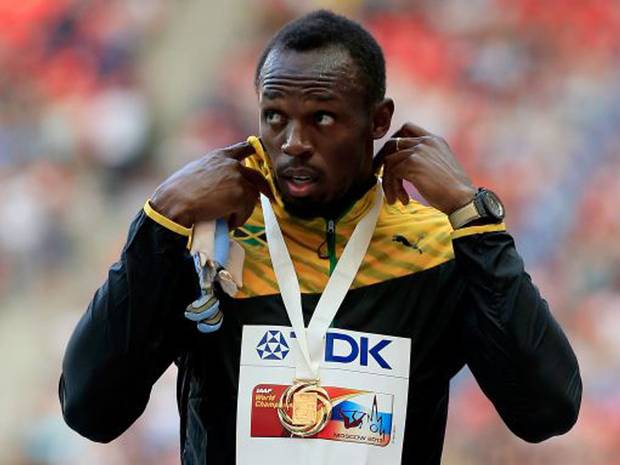Eventually, even the most professional athletes need to be aware of their limitations. They would age and the inevitable physical decline would force them to leave their productive sporting career behind. For many athletes, the transition period could be a time that’s filled with misdirection and confusion. Some athletes could feel anxious and some even become depressed. There are things athletes could do to make the transition much easier:
- Find new significance: Significance is a required factor in our lives and it can disappear suddenly when they finish playing sports. As we know, people are seeking to fulfil their needs, either unconsciously and consciously. They may need to replace media attention with more attention from their family members.
- Find new goals: Athletes are known for the goal achievement and goal seeking desires. With goals, professional athletes could get direction and motivation. Athletes who have retired may lose meaningful goals in their lives. Many athletes retire in their 30’s and they still have the commitment and dedication to achieve many things. These people are still relatively young and energetic, so it is important for them to set new goals.
- Transform self-belief: Successful athletes have the self-belief to achieve their goals, however translating this positive trait to the field outside of sport can be rather challenging. Athletes could believe that they have limited abilities and talents outside the sports arena. In this case, it is important to apply the kind of persistence and commitment to achieve everything that they desire. Working with counsellors could help them to deal with those deep-seated negative beliefs.
- Become more independent: When athletes retire, they lose coaches and team mates, as well as those who have involvement in making them successful. Athletes should be aware that eventually they are not accompanied by these people anymore. In this case, they need to become more independent and look for new people who can make the transition much easier to do. This could keep them on track and they can be directed towards new goals.
- Learn new skills: Athletes should be able to find new skills that are useful during their retirement period. Some skills, such as time management and teamwork could still be transferred to areas outside sports. It may take time to convert these positive qualities to other fields, but they could see these positive challenges. They should commit themselves to perpetual learning to adapt well with the changing world.
- Create a new game plan: Sports are full of planning and athletes also need to prepare plans for things that they should do during the retirement period. They should have the proper schedule that can fit their current commitments and new aspects in their lives. In this case, they could determine the proper weekly schedule that can be implemented to pursuit new goals. It means, they would be able to move steadily forward using all the available plans.
With all these steps, it would be much easier for athletes to start their transition.

